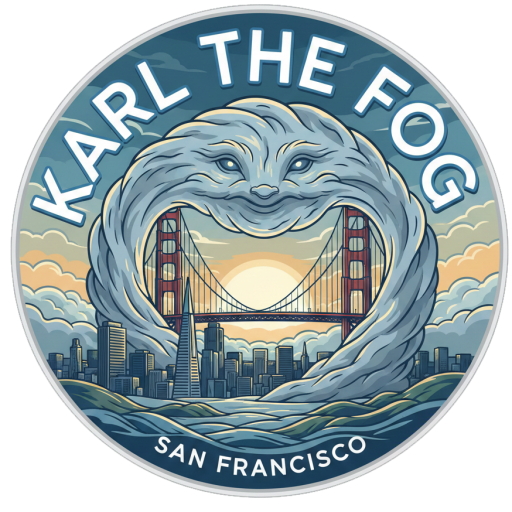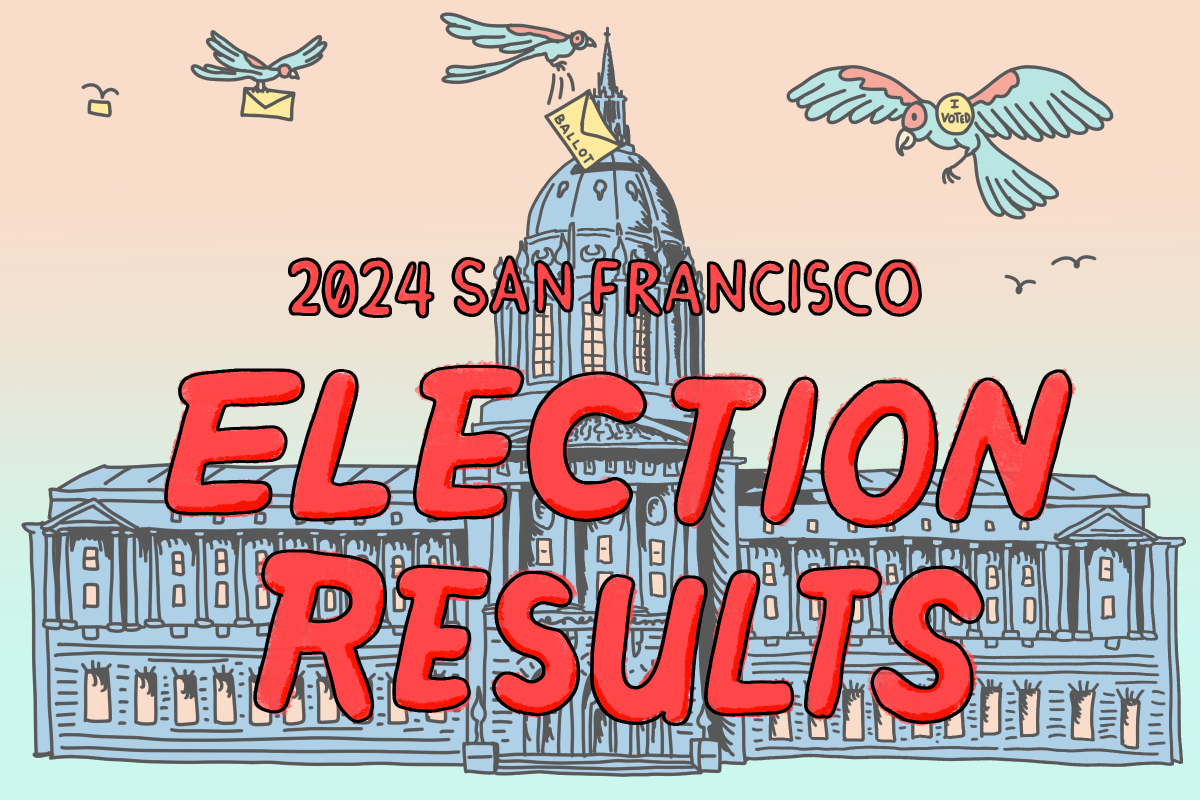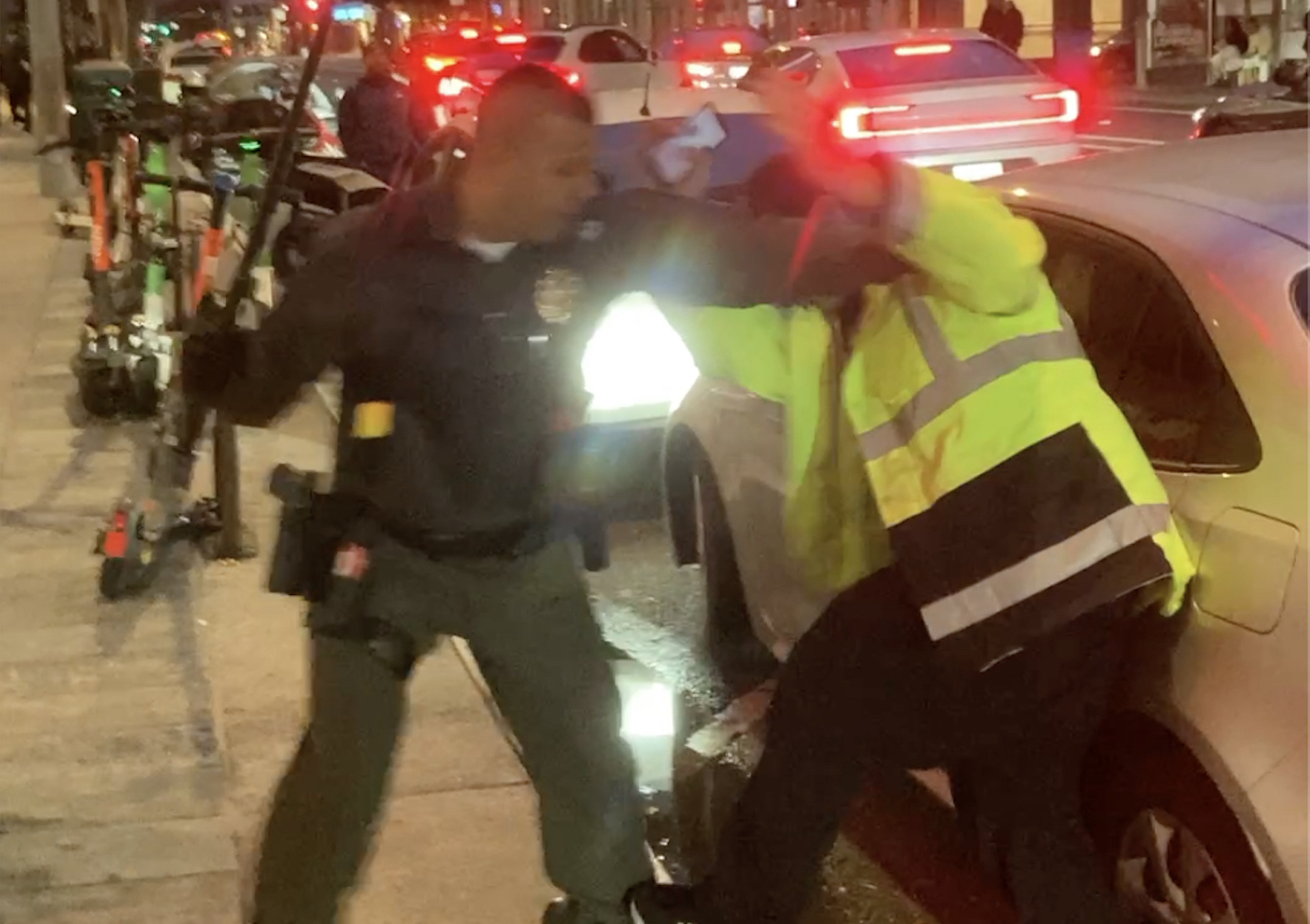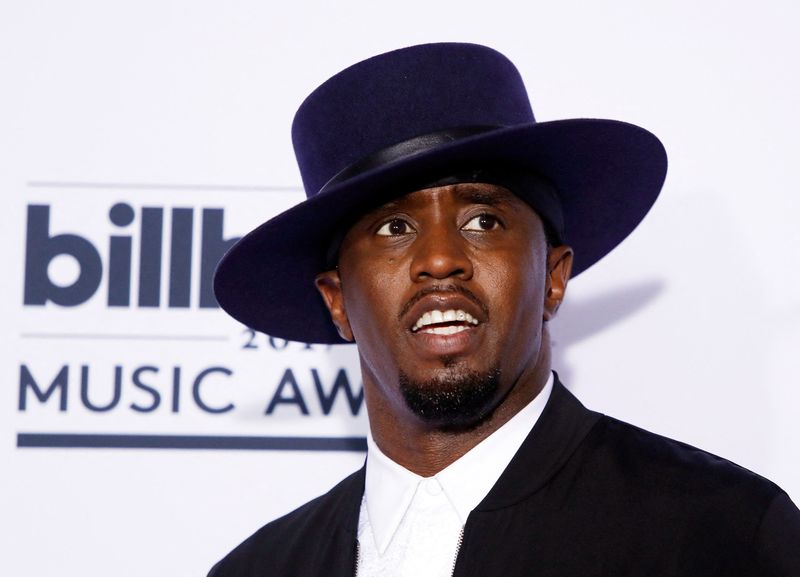[ad_1]
No matter who you voted for in November, there’s one thing that everyone could agree on: This was a costly election.
Campaigns and political groups spent more than $72 million on different races and the 15 local ballot measures, trying to work their magic on a total of 522,265 registered voters. But how has their money worked for them?
For Mayor-elect Daniel Lurie, quite well. Lurie, a first-time candidate who was bolstered by $16.2 million including outside spending, won with 55 percent of the vote (182,303 votes). The cost: $156.14 for each first-choice vote. That makes him by far the politician who spent the most on a dollar-per-vote basis.
His rivals had much smaller war chests and spent much less per vote: London Breed and her allies spent $58.86 per vote, Aaron Peskin $34.27, and Mark Farrell $85.03, making Farrell, who finished fourth, the candidate who got the least for his money.
Money also helped in races with low turnout. Take District 11, which had the lowest turnout across the six contested supervisor districts at 70.7 percent. Chyanne Chen, who won that race by a mere 196 votes, had the second-most expensive vote: $114.66 per first-choice vote.
Chen’s victory was bolstered by outside spending of some $678,000 that largely came from labor unions. On the other hand, a first-choice vote only cost $49.73 for her opponent Michael Lai, who was backed by deep-pocketed tech groups who simply spent less.
Both candidates with small and large war chests had high dollar-per-vote totals.
Take fifth-place mayoral finisher Ahsha Safaí as an example: His vote was the fourth most expensive, at $96.17 per vote. But he was the first to be eliminated among the five mayoral front-runners and received only 2.93 percent or 11,420 first-choice votes. He spent $1.09 million.
Another example is Stephen Torres, who ran for District 9 supervisor and whose vote was the sixth most expensive: $92.57 per vote. Torres only received 1,139 first-choice votes.
Among the 15 local ballot measures, the most expensive proposition in the election by far was TogetherSF’s Proposition D, a measure to reform city commissions and increase mayoral power. It cost $52.94 per vote.
But money didn’t work out in the group’s favor. Despite $8.3 million spent on the measure before the election, it still only got 45 percent of the vote.
Curious to see how much money went into your November ballot? Explore below using our interactive calculator.
To take a closer look at the numbers, explore them in the table below.
Methodology
San Francisco uses the ranked-choice voting system. With each round of results, the candidate with the fewest votes is eliminated, and their votes are redistributed to other candidates. The process is repeated until a candidate reaches a majority.
So for this story, we are only using the number of first-choice votes received by candidates. The data was downloaded from the San Francisco Department of Elections.
The totals spent on ballot measures and candidates reflect expenditures electronically filed with the San Francisco Ethics Commission prior to 1 a.m. on Nov. 6, 2024.
If any political action group spent oppositional money on a candidate, that amount is counted as money spent supporting the candidate that group endorsed in the race. For example, money spent opposing Marjan Philhour by labor union PACs is counted as supporting her opponent Connie Chan in the District 1 supervisor race.
If a PAC endorsed more than one candidate in the same race, that total amount will be counted for each candidate. For example in District 3, $55,746 was spent opposing Danny Sauter by the labor union PAC that endorsed both Sharon Lai and Moe Jamil. Therefore, $55,746 is counted as supporting Lai and $55,746 supporting Jamil.
If a PAC is spending on different ballot measures, that total amount will be counted for each measure. For example, a PAC spent $6,016,377 supporting Prop. D and opposing Prop. E. That $6 million is counted both for Prop. D, and against Prop. E.
The interactive tool was created by Xueer Lu. If you spot any errors, please email xueer@missionlocal.com.
[ad_2]
Source: missionlocal.org






